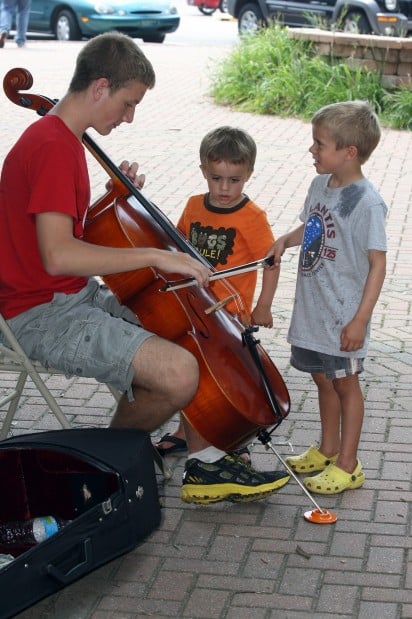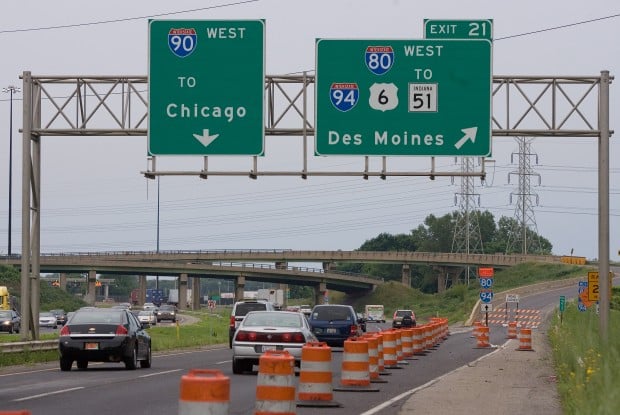I don’t want to offend anyone, but I will.
Before you decide to have and raise kids, do something, anything, for society.
In the Bible, which I’m sure I’ve read various passages and pages of, God tells Adam and Eve, (In Genesis, Chapter 1, Verse 28, with Peter Gabriel as lead singer) “Be fruitful and multiple.”
Well, yeah. Except here’s a little tick in our language. I think He meant “and” as “and then” multiple. Multiplying, it turns out, is pretty easy. But being fruitful isn’t always considered an important part of the equation.
I’m not a religious expert, but the entire “fruitful” aspect to me means do something in life beyond domestic battery, meth and XBox. Now, I’m not going to suggest children borne of “unfruitful” folks are less loveable, intelligent or somehow worthless. I’ve just noticed that parents who don’t work for the betterment of their community (through work or volunteer organizations) don’t -- generally -- work for the overall betterment of their children as well. They sometimes introduce them to domestic battery, meth and XBox.
(Yes, this is casting a wide net, and I know I catch some good dolphins among some bad fish. If you had kids before a job, and made the kid your job, good for you. This isn’t a castigation over the past. What we did, we did. This is a lesson for our children.)
So, lesson kids, is this: Go do something for society. This isn’t because I’m a socialist, it’s because we’re all better when people focus their energy outside themselves for a few years. Join the Exchange Club; donate globs of blood to The Red Cross, volunteer for the military, educate yourself in college and get a job as a teacher. Do something. Be fruitful. Find a partner who has also avoided the drugs and the couch and the charges of domestic battery. Be fruitful together, and learn a few things about life.
And then, by all means, multiply. Just try keeping the start of the process off the Internet.
Before you decide to have and raise kids, do something, anything, for society.
In the Bible, which I’m sure I’ve read various passages and pages of, God tells Adam and Eve, (In Genesis, Chapter 1, Verse 28, with Peter Gabriel as lead singer) “Be fruitful and multiple.”
Well, yeah. Except here’s a little tick in our language. I think He meant “and” as “and then” multiple. Multiplying, it turns out, is pretty easy. But being fruitful isn’t always considered an important part of the equation.
I’m not a religious expert, but the entire “fruitful” aspect to me means do something in life beyond domestic battery, meth and XBox. Now, I’m not going to suggest children borne of “unfruitful” folks are less loveable, intelligent or somehow worthless. I’ve just noticed that parents who don’t work for the betterment of their community (through work or volunteer organizations) don’t -- generally -- work for the overall betterment of their children as well. They sometimes introduce them to domestic battery, meth and XBox.
(Yes, this is casting a wide net, and I know I catch some good dolphins among some bad fish. If you had kids before a job, and made the kid your job, good for you. This isn’t a castigation over the past. What we did, we did. This is a lesson for our children.)
So, lesson kids, is this: Go do something for society. This isn’t because I’m a socialist, it’s because we’re all better when people focus their energy outside themselves for a few years. Join the Exchange Club; donate globs of blood to The Red Cross, volunteer for the military, educate yourself in college and get a job as a teacher. Do something. Be fruitful. Find a partner who has also avoided the drugs and the couch and the charges of domestic battery. Be fruitful together, and learn a few things about life.
And then, by all means, multiply. Just try keeping the start of the process off the Internet.

















